Exploring AI Creativity in the Simulation Hypothesis
The video here above was made with AI. It dropped a day ago (Mar 26, 2024). It’s any one’s guess how much AI was used, from the text, music, animations, voice-over, music etc… Read on.
In recent years, the realm of artificial intelligence (AI) has been a hotbed of discussion, sparking debates and raising profound questions about the future of human creativity. Coupled with Elon Musk’s intriguing concept that we might exist within a simulated reality, the dialogue around AI creativity takes on an even more fascinating dimension.
The notion that AI could one day rival or even surpass human creativity is both exhilarating and disconcerting. On one hand, AI systems have demonstrated remarkable abilities to generate art, music, literature, and even scientific discoveries. These machines, fueled by algorithms and vast amounts of data, can produce works that evoke genuine emotional responses from humans.
However, amidst these advancements, Elon Musk’s theory that we might be living in a simulated universe casts a thought-provoking shadow. If true, what implications does this hold for the future of AI creativity and human ingenuity?
One might argue that if our reality is indeed a simulation, then the distinction between human and AI creativity blurs. If a piece of art or music is entertaining, why should it matter whether it was created by a human or an AI? After all, if our experiences and actions are predetermined by the simulation’s parameters, then any creativity, whether human or AI-driven, is merely part of the programmed narrative.
But perhaps there’s a more optimistic perspective to consider. Even if we inhabit a simulated reality, the emergence of AI creativity could still hold value. These creations, whether produced by humans or machines, enrich our simulated existence, offering new experiences, insights, and avenues for exploration within the confines of the simulation.
Furthermore, if we are conscious beings existing within a simulation, then what is AI? Are we not AI ourselves? In a simulated reality, the distinction between artificial and natural intelligence becomes increasingly arbitrary. Both are expressions of consciousness and intelligence. Perhaps all forms of intelligence, whether human or artificial, are simply manifestations of the same underlying reality.

While the debate surrounding AI creativity and the simulation hypothesis raises profound existential questions, it ultimately underscores the boundless potential for exploration and discovery. Whether AI creativity will one day replace human creativity is a moot point if our reality is indeed simulated. What truly matters is the continual pursuit of innovation and expression, regardless of the nature of our existence. After all, whether we are living in a simulation or not, creativity remains a beacon of human (and perhaps AI) endeavor, guiding us toward new horizons of understanding and wonder. At the very least, AI will up the bar for human creativity.
Conclusion: If the art created by AI is better than yours, then maybe it’s just because you suck. IDK. Just saying.

